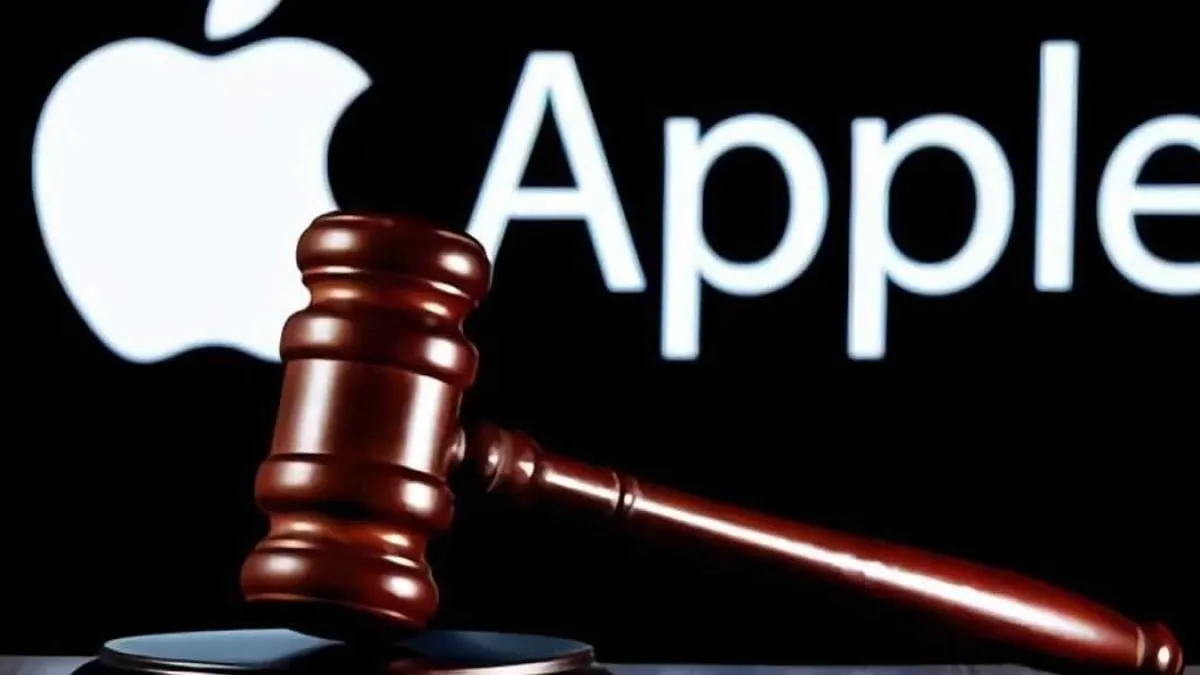A federal judge has recently made a significant decision in a lawsuit against Apple, narrowing the scope of claims related to user privacy on devices such as iPhones, iPads, and Apple Watches. The ruling, issued approximately one year ago, addresses allegations that Apple improperly collected personal data through its proprietary applications.
U.S. District Judge Edward Davila, presiding in San Jose, California, dismissed the majority of claims associated with the "Allow Apps to Request to Track" setting on Apple mobile devices. However, he permitted some claims concerning the "Share [Device] Analytics" setting to move forward.
The lawsuit stems from users' assertions that Apple violated user agreements and various privacy and consumer protection laws. These users claim that Apple assured them that disabling certain settings would restrict data collection, storage, and usage, but allegedly continued these practices regardless of user choices.
This case is part of a broader trend of legal challenges against major technology companies, including Google and Facebook, regarding user data collection without explicit consent. It's worth noting that Apple, founded on April 1, 1976, has long positioned itself as a privacy-focused company, introducing features like "Sign in with Apple" in 2019 as a privacy-centric alternative to other sign-in methods.
Judge Davila's 39-page decision, delivered late on a Thursday, provided insight into his reasoning. He stated that Apple had clearly communicated to users that the "Allow Apps to Request to Track" setting pertained to "other companies' apps and websites." This clarity, according to the judge, made it implausible for reasonable individuals to believe that disabling this setting would withdraw consent for Apple to collect data through its own applications.
However, the judge found merit in the users' claims regarding the "Share [Device] Analytics" setting. He cited Apple's disclosure that users could "disable the sharing of Device Analytics altogether" as a plausible basis for users to believe they were withdrawing consent for data collection when disabling this setting.
Apple, headquartered in Cupertino, California, has maintained that it collects data through the analytics setting to enhance its products and services. This stance aligns with the company's broader privacy initiatives, including the implementation of end-to-end encryption for many of its services.
The lawsuit, seeking unspecified damages, reflects ongoing concerns about data privacy in the digital age. It's noteworthy that Apple has faced scrutiny from regulators in various countries over its App Store policies and has been involved in several high-profile legal cases related to privacy and data protection.
As the case proceeds, it will likely contribute to the ongoing dialogue about user privacy and data collection practices in the tech industry. Apple, which became the world's first $1 trillion company by market capitalization on August 2, 2018, continues to navigate the complex landscape of user privacy while maintaining its position as one of the Big Five American information technology companies.
"Apple collects data through that setting to improve its products and services."
This legal development occurs against the backdrop of Apple's evolving privacy policies, which have sometimes put the company at odds with law enforcement agencies. As technology continues to advance, the balance between user privacy and data utilization for service improvement remains a critical issue for both consumers and tech giants alike.
